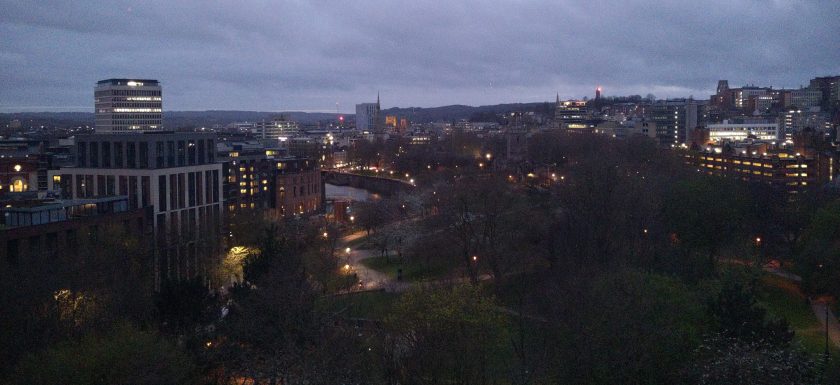ACCU 22 blog 2: a trip report
ACCU was my first conference for a long time and I threw myself into the conference experience, enjoying talks on all sorts of topics. The event was a bit more dynamic in planning than many conferences because people kept pulling out with COVID (and so other people kept stepping up and offering talks to fill the gaps). This meant there were more short talks than I think had originally been planned. There were also more general talks, which suited me fine. Here are the things I’m taking away from those sessions attended: Day 1 highlights Guy Davidson’s keynote on growing better programmers: Lots of goodRead More →


